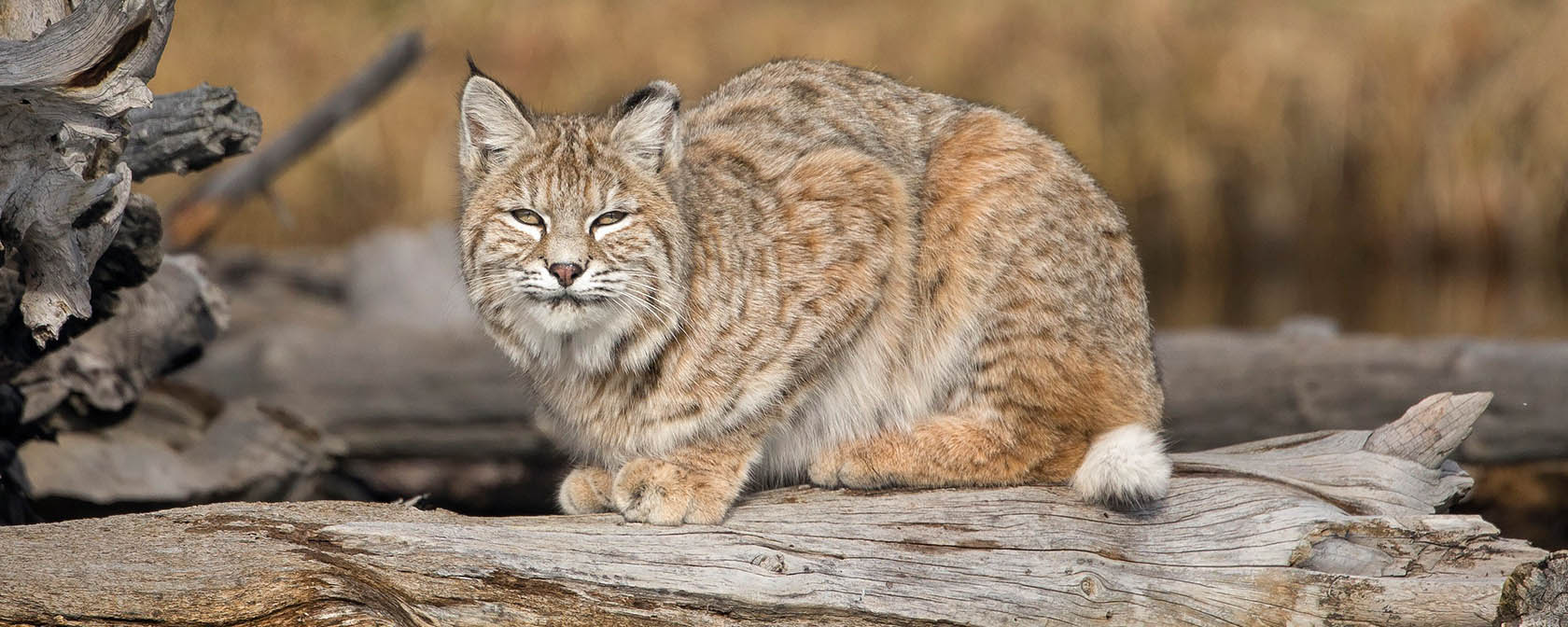By Sara Amundson and Kitty Block
The Humane Society of the United States has helped make significant progress in ending wildlife killing contests, in which contestants massacre large numbers of coyotes, foxes, bobcats and other wild animals for cash prizes. Seven states now ban such contests and we are working with lawmakers in other states to end them. But the pandemic has added a new, insidious dimension to this cruelty, with more and more contests being held online, where they appear to be thriving.
Our investigators have been digging into these online contests, usually publicized over social media platforms, and what they have uncovered is a bizarre world where the judging and participation are virtual, but the cruelty is very much real. The online contests are also held with much greater frequency than the in-person events. Some occur as often as weekly, with occasional “big money” challenges. Participants no longer need to travel long distances to attend; with online events, they can find a contest online nearly any weekend, and kill animals wherever they live in the United States in order to participate. All they need to do is submit videos of the animals they’ve killed to be judged for prizes.
To ensure there’s no cheating, contests require the participants to jiggle the animals’ bodies to show their kills are fresh and that rigor mortis hasn’t set in, and utter keywords given to them at the beginning of the contest. In competitions for the heaviest animal slain, participants may be asked to show the mouths and rears of the animals to prove that they didn’t stuff their victims with rocks or other materials.
As with in-person contests, cash and prizes are awarded for the most, biggest or smallest animals killed. Contestants use sophisticated technology, including electronic calling devices that mimic prey animals or dependent young in distress, to lure coyotes, foxes and other animals out into the open, before shooting them with expensive, custom-built assault guns—even AR-15s—fitted with thermal imaging night vision scopes. Some of these weapons are used to record videos of the animal being shot so participants can compete in the judging category for “best kill.”
Online wildlife killing contests also appear to be skirting the jurisdiction of state legislatures and state wildlife agencies. Our investigators found that people from at least 42 states, including those where contest killing is banned, such as Arizona, California, Colorado, New Mexico, Massachusetts and Washington, have joined online contest websites.
We urge lawmakers and officials in the seven states that already have laws ending these contests, as well as lawmakers in other states where we are now working on similar legislation, to act swiftly to halt the online cruelty as well. We are also calling on Congress to pass a federal ban on wildlife killing contests, including online contests, at the earliest. You can help, by calling your Senators and Representative and urging them to end these barbaric events for good. Allowing wildlife killing contests to go online adds a new dimension of depravity to what was already a shameful pursuit. These contests serve absolutely no purpose and should not be allowed to exist.
Kitty Block is President and CEO of the Humane Society of the United States.




